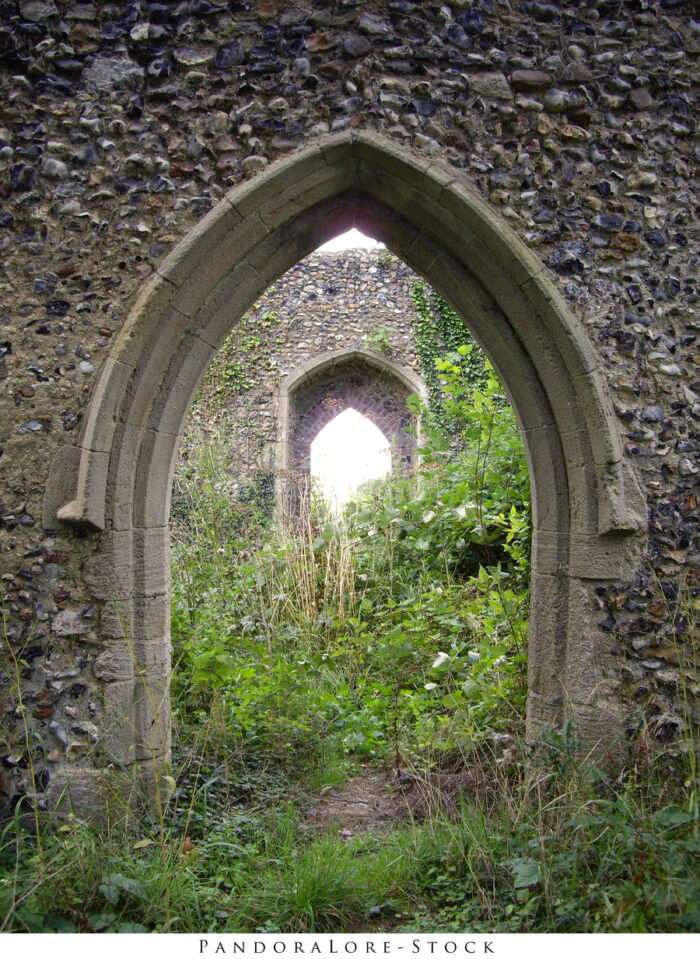Church in a pandemic
Like most churches, mine has adopted a strategy to preserve business as usual through a season of state-enforced shutdowns of venues where people gather to minimize spread of coronavirus. First, they tried to broadcast services via Facebook. Due to technical glitches week after week, they moved to a different platform (I don’t remember the name) that specialized in church services. That had its glitches as well. Now, they are open on a limited basis, at 25% capacity for services that attendees must register for, wearing masks and social distancing, while others watch from home — this time, using YouTube Live.

The upshot has been that we’ve petered out in our virtual attendance. Every week, there were issues technically — delays, sudden reversions back to the start of the “show” while it was still going on, constant loading, other things.
More significantly, online church isn’t really church to us. It’s a show. Much of the value of a large service, to me, is physical proximity; I sit among others who share my faith, confirming physically the existence of the body of Christ. My pastor is faithful to prepare a sermon each week, but in reality the teaching content of church is the easiest thing to find beyond the church walls — through books, podcasts, online study options, television.
The experience of being together, and the sense of belonging that goes along with a community, can’t be replicated online.
The inconsistency between the state’s dealing with churches and its dealing with other industries and expressions hasn’t escaped me either. Most recently, my own state’s open encouragement of mass protests even while threatening churches that don’t strictly adhere to the distancing and capacity guidelines drew a rebuke from a federal judge. How does a person of faith not feel targeted by the state when our right to assemble and practice our faith is so blatantly oppressed?
Wouldn’t this be a good time to rethink church — to consider a different way of doing church that could continue even in times like these without depending on tech companies to serve up a product that’s at best a pale, diminished imitation of an experience that is largely passive anyway?
I think of how after 9/11, Donald Rumsfeld announced that the military had been caught flat-footed by the attacks because the military was set up to fight the Cold War. It wasn’t prepared for terrorists. He planned to reimagine and restructure the military to make it lighter, tighter and more responsive to the realities of the day.
Does the church need a similar reimagining? And if we think about lighter, tighter ways to do church in case of future (or ongoing) restrictions on assembly, might we find the authenticity, intimacy and community so often missing in large worship experience? I’m imagining a series of small, community-based home churches, perhaps overseen or shepherded by a pastor in the style of the apostle Paul in the New Testament, that can continue in-person meetings to study, worship and pray together even if church buildings remain shuttered.
The American church is not set up for this. I remember hearing a missionary speak a number of years ago — from eastern Europe, I believe — about how the church in his region was growing so rapidly they had to commission pastors much younger in the faith, and with much less theological training, than had been required previously. “Can you imagine that here?” he asked, turning to the pastor — a good pastor, who held a PhD from a respected seminary. “No,” the pastor replied. “That’s because churches are about control,” said the missionary.
If he was right, that control has been superseded in recent days by state control. And, paradoxically, the way to real freedom isn’t to win the battle for control of religious bodies. Maybe, just maybe, the way to vibrant revival, transforming faith, and restoration of authority in a culture desperately in need of truth and grace is to release control and begin working toward a church distributed differently throughout our communities.


